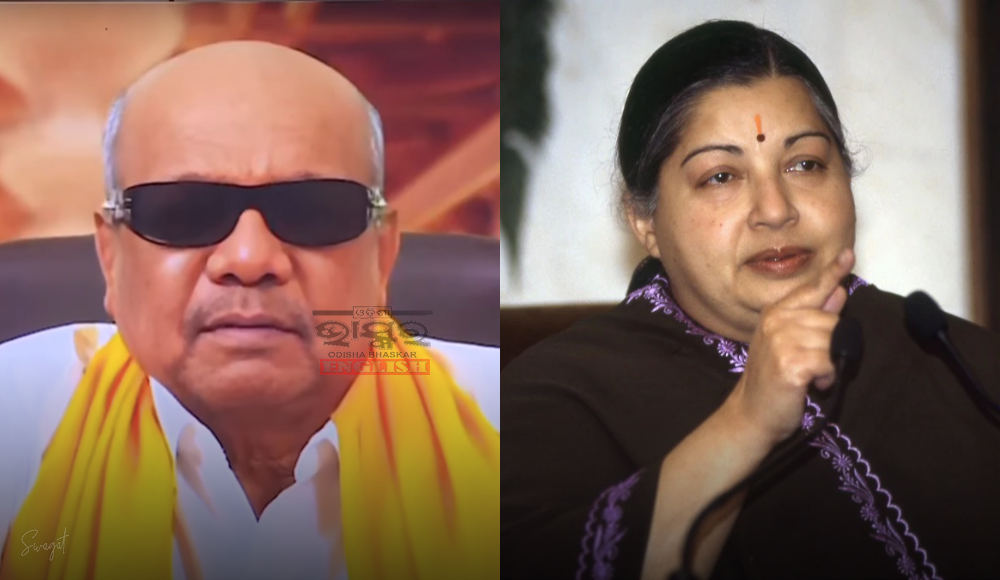As India gears up for its forthcoming national elections, a contentious trend has emerged: the resurrection of deceased political leaders through AI-generated deepfake technology. This innovative campaigning tactic has garnered attention, particularly in Tamil Nadu, where “ghost appearances” of late leaders Jayalalithaa and M Karunanidhi are stirring political fervour.
Despite their passing, both leaders have seemingly returned in digital form to rally their respective supporters. Jayalalithaa’s AI-generated voice message criticizes the current state government, while Karunanidhi’s deepfake videos commend his son, MK Stalin, the current chief minister.
This campaigning technique offers parties a cost-effective alternative to traditional rallies, resonating with voters and maximizing outreach. However, concerns over the integrity of elections loom large, as deepfakes blur the line between reality and fiction.
The Bharatiya Janata Party (BJP), known for its tech-savvy approach, has utilized similar technology in the past. However, the rise of deepfakes has raised alarm bells, with Communications Minister Ashwini Vaishnaw calling them a “serious threat to democracy and social institutions.”
Divyendra Jadoun, founder of The Indian Deepfaker, acknowledged the ethical dilemma surrounding deepfake creation but underscored the lack of understanding among the populace regarding this technology’s capabilities. With AI-generated content flooding social media platforms like WhatsApp, the risk of misinformation is palpable.
While most AI-generated content has been used for satirical purposes, concerns over its potential misuse persist. Political opponents are targeted through manipulated videos, with BJP’s youth wing recently sharing an AI-generated clip of Arvind Kejriwal, depicting him behind bars singing a Bollywood tune.




Comments are closed.